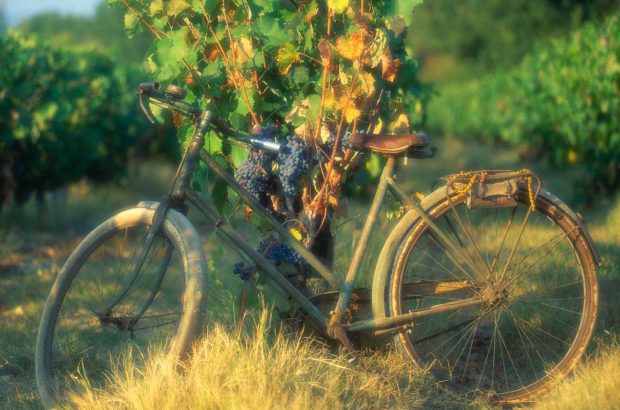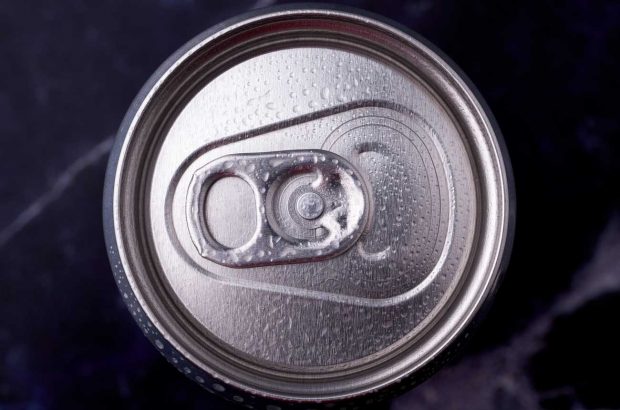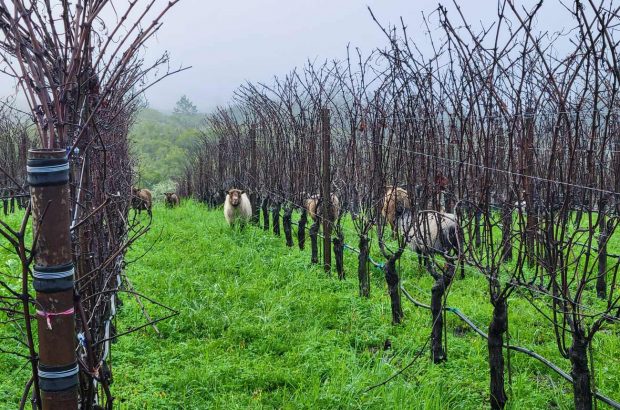Chinese wine will conquer the world in terms of volume and fine wine, a recent study suggests.
According to the Future of Wine report, drawn up by London-based wine merchants Berry Bros & Rudd (BBR), China, which is already the world’s sixth largest producer, will lead the world by the year 2058.
The report, which predicts the state of world of wine in 50 years, also says China will ‘rival the best of Bordeaux’.
‘I absolutely think China will be a fine wine player rivalling the best wines from France,’ said Jasper Morris MW. ‘It is entirely conceivable that, in such a vast country, there will be pockets of land with a terroir and micro-climate well suited to the production of top quality wines.’
Based on the opinions of its four Masters of Wine, the report also spelled out some encouraging predictions for lesser-known wine countries and stark warnings for other, bigger producers.
Climate change, it said, would favour eastern European countries such as Ukraine, Moldova, Croatia, Slovenia and Poland, as well as Canada, which, BBR said, ‘could rival its American neighbour’ the US.
The UK also stands to gain on its cross-channel neighbour, with the amount of English land devoted to wine production ‘may rival that of France’.
Australia would be the big loser, it said, with the country too hot and arid to support large areas of vine.
‘It will become a niche producer, concentrating on hand-crafted, terroir-driven, fine wine,’ said the report.
Tasmania, it added, would be one of the beneficiaries.
By 2058, ‘big brand booze’ would dominate the market, with wine resembling cigarettes. It will be commonplace, said the report, to ask for ‘Lindemans Light’ or ‘Waitrose White’.
‘In 50 years, consumers will ask for wine by the brand name of flavour and won’t know, or care, where it has come from,’ said Morris. ‘Grapes will be genetically modified to change a wine’s taste and producers will add artificial flavourings to create a style wanted by consumers.’
Further predicted changes included off-shore floating vineyards, low-calorie wines, bulk wine shipping and environmentally-friendly packaging replacing glass bottles.
Others in the industry were more sceptical of the findings. Decanter editor Guy Woodward was unconvinced.
‘While there’s no doubt that climate change and increased ambition in certain regions will lead to a greater variety of wines on the shelves, the idea that China is going to be able to go from churning out large volumes of mediocre plonk to challenging the great names of Bordeaux and Burgundy in a mere 50 years requires a leap of faith,’ he said. ‘Half a century is a very short time in the overall evolution of the wine world, and I’d like to see how many Chinese and Ukrainian wine Berry Bros has on its shelves in 2058.’
Written by Oliver Styles



